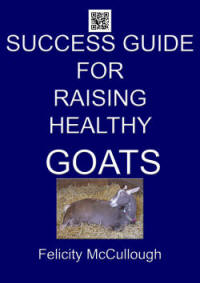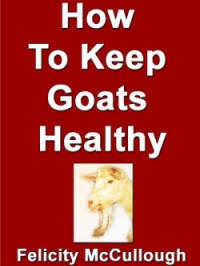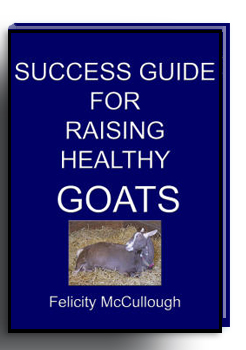Goats
Index of Goat Information
About Goats
Anglo-Nubian Goats
Boar
Goats
Blog about Goats
Cheese Making Goat
Christmas Goats
Cooking Goat
Diseases of Goats
Goat Basics
Goat
Books
Goat Character
Goat Fun
Goat Giving Birth Video
Goats Home
Goat Humour
Goat Island
Goat Knowledge
Goat Links
Goat Lotions
Goat
Poetry
Goat Pregnancy
Goat Soap
Goat
Songs
Goat Stories
Goat Temperament
Goat Transgenics
Goat Viruses
Healthy Goats
How to Raise Goats
India Goat Farming
Keeping Goats Information
Milking Goats
Nigerian Dwarf Goat
Nimbkar Boar Goat
Reproduction
Saanen Goats
Software
Goat Recording
Spider Goats
Videos Goats
Weighing Goats
Transgenics and Diseases
People are dying in impoverished areas around the world from diseases and starvation. This is a well known fact. What if we can change this? What if we can create a goat or other animal that can produce a vaccine or other drug in her milk? Stretching it even further, what if animals can produce human organs?
This is what is being researched at A&M College of Veterinary Medicine and Texas Agrilife Research. They have created three goats, a female and two males, which have been genetically modified to produce the malaria antigen. The female was crossed with the male and the female is now expecting one or two kids. This could mean much in the future for disease control.
The Beginning
Research with genetic manipulation began in the 1970s and has evolved since then ... as has the controversy surrounding it. Humans have manipulated both crops and animals. Human insulin that was created by bacteria was first produced in 1982. The creation of animals that produce human drugs is called Pharming. There are various genetic products that animals have been manipulated to produce, including growth hormone, antithrombin III and tissue plasminogen activator. The last two were produced in goats.
How Is It Done?
The details of how exactly genes are manipulated is far beyond and too complicated for this article. The simplified version is that the part of the gene sequence that is of interest is isolated and then cut. This piece is joined with a vector and then transferred to another organism. There are a number of highly technical ways in which this is accomplished. The newer method uses whole nuclear transfer, which differs from the older method where DNA was microinjected into fertilized eggs.
The Controversy
Transgenic crops are popular today, or at least they are being produced a lot. They have been manipulated to resist pests and diseases. This has led to more crops being produced and consequently increased food production. This is especially important in areas where people are starving. Transgenic animals have been produced as well. They are still in the research phase, though. They are not being produced for food or for the general public as of yet.
Biotechnology in general has led to much controversy over the years. This includes both genetic manipulations in transgenic plants and animals as well as cloning. It is of concern because we cannot know what the consequences of these manipulations will be. You can see this concern everywhere from the rise of the organic movement, to the silver screen.
People have become concerned with what they are eating. Nowhere is this more evident than with the organic movement. People have shown that they are willing to pay more for vegetables, fruits, and meat that have no additives, conservatives, drugs or genetic manipulation. This concern has even spread to the media, the silver screen and TV. There are many, many television programs and movies regarding this subject.
On the other hand, how many lives has this research saved when it has led to the growth of more food in transgenic vegetable that would have otherwise become victim to pests or disease? What about in the future when goats can produce vaccines in their milk? What about if we are able to grow human organs in animals? How many lives can it save then? This research is very promising.

External links Goats:
American Dairy Goat Association
American Goat Society
British Goat Society
Dairy Goat Society of Australia
DEFRA
UK
National Pygmy Goat Association
Pygmy Goat Club
Welfare of Goats During Transport
www.goatlapshop.com © Copyright, Privacy Terms & Conditions contact@goatlapshop.com
Webpage Updated 6 March 2022 ©

